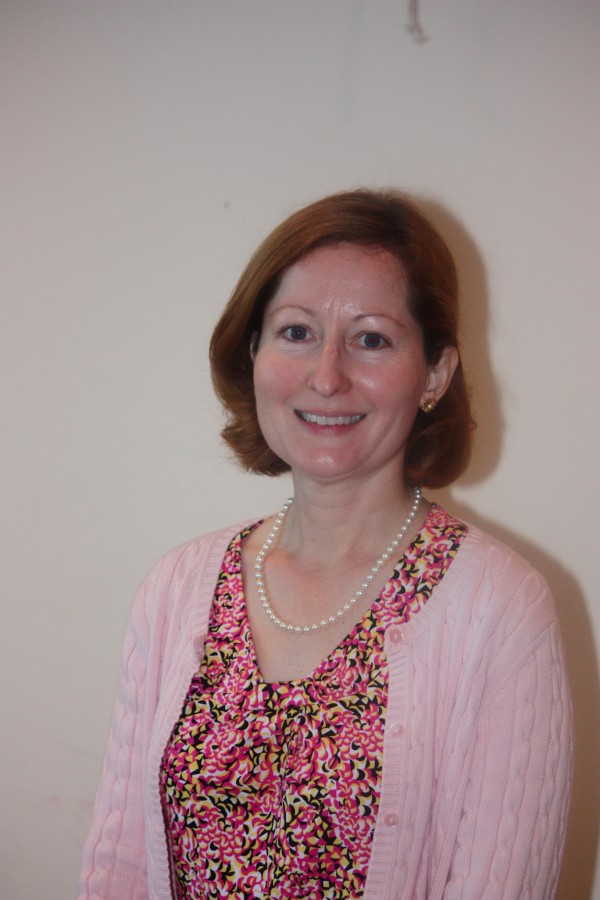Women’s History Month is a time to recognize the achievements and contributions of women.
It was established in 1987 in the United States by presidential decree and was inspired by a Women’s History Week that was celebrated for several years in California.
Often, some theme is highlighted, and this year at Loyola we are celebrating women in the science, technology, engineering and mathematics fields, collectively referred to as STEM.
Historically these areas have not had adequate representation by women. Indeed, it wasn’t until the 20th century that women were admitted into national scientific academies here and in Europe.
At most, women scientists and mathematicians were given recognition from time to time as exceptional outsiders. They were not, however, permitted entry into the scientific community as true peers. For instance, Marie Curie was denied entry into the French Royal Academy of Sciences the same year she received the Nobel Prize.
Because of long-held biases that men are objective, rational and analytical, while women are subjective, emotional and easily influenced, the work of women scientists and mathematicians has routinely been dismissed or attributed to their male colleagues.
Although we have made great strides in breaking through obstacles, women continue to struggle against the misconception that being a woman means lacking the ability to do science and math. In 2005, Lawrence Summers, then president of Harvard University, questioned women’s ability to excel in these fields when he echoed the theory that high school girls tend to score lower in science and math on standardized tests because they do not have the same “intrinsic aptitude” in these fields as boys. Summers pointed to this supposed lack of “intrinsic aptitude” to explain the inadequate representation of women in leadership positions in science and math.
In other words, if there aren’t enough women in the upper ranks of these disciplines, it is not a result of some societal bias, but of a biological weakness in girls and women. When women scientists and mathematicians denounced Summers’ statement, they were accused of overreacting and being too sensitive.
Looking forward, we know we must move beyond that narrow-minded point of view. In order to compete globally, we must focus on encouraging and providing opportunities in the STEM disciplines to all our boys and girls.
When Bill Gates was asked by a male member of a gender-segregated audience he was addressing in Saudi Arabia how their country could become one of the top 10 countries in the world in technology by 2010, he responded, “Well, if you’re not fully utilizing half the talent in the country you’re not going to get too close to the top 10.” His comment should be a reminder to us in all parts of the world.
Significantly, this year’s presidential proclamation of Women’s History Month makes explicit mention of the ways girls and women are still underrepresented in STEM in this country and that we must find ways to encourage their participation.
As we hold our leaders to this promise, let us remember all those women who made important contributions to the STEM fields, opening the way for women today. Let us celebrate those women who shape those fields today, and let us encourage the girls who have the potential to develop into the next great scientists and mathematicians.
Karen Reichard is the director of the Women’s Resource Center.
She can be reached at
On the Record is a weekly column
open to any member of Loyola’s
faculty and staff. Those interested
in contributing can contact







